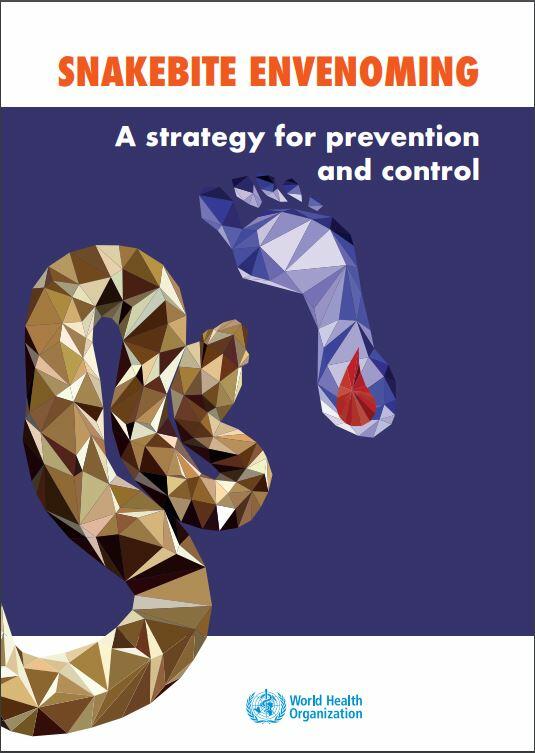
LSTM Professor Robert Harrison, Head of LSTM’s Centre for Snakebite Research & Interventions (CSRI) is in Geneva, Switzerland, for the official launch of the WHO’s strategy – Snakebite envenoming: a strategy for prevention and control. Professor Harrison was a member of the core working group, responsible for writing the strategy.
After being designated as a neglected tropical diseases (NTD) in 2017, WHO have been working towards a strategy that aims to see global snakebite envenoming and its associated mortality and morbidity rates halved by 2030.
In response Professor Harrison said: “LSTM has been working to reverse the plight of tropical snakebite victims for over three decades now and we see this strategy, along with the recent funding announcements from Wellcome and DFID, as a profound watershed moment in the history of this previously overlooked and hidden health crisis. The core and wider working group brought together the world’s leading specialists in the field, including ourselves, to ensure that we were able to devise a widely-consulted strategy. This is a very important advancement because it represents the first globally-coordinated strategy upon which multiple stakeholders can act to profoundly improve the lives of some of the world’s poorest people living in sub-Saharan Africa and Asia.”
The first strategy of its kind from the WHO, it was developed by a 28-member panel of global experts, which also included LSTM’s Director, Professor David Lalloo. The panel worked in consultation with WHO regional offices, the scientific and research community, health foundations, advocacy groups and stakeholders. Working with countries to strengthen their health systems, a central objective will be to ensure access to safe, effective and affordable treatment. This includes antivenoms, while also encouraging research on new treatments, something that the £80M from Wellcome announced last week will go some way to address.
Between 83,000-138,000 people die globally every year due to snakebite, with around four times that many surviving with life changing physical disabilities or disfigurements.
Professor Harrison continued: “Snakebite has historically been the most under-researched high mortality and high morbidity tropical disease. LSTM has a long history of advocating for tropical snakebite to be recognised as the global problem it is by national and international health policy decision makers, and we are delighted that the plight of snakebite victims is finally being addressed. Further research into novel treatments, amongst other priorities needs to take place and the WHO strategy will work with Wellcome, and hopefully other funders to recruit urgently needed new research expertise and technical platforms to address the many therapeutic, clinical and public health barriers to improving the healthcare of tropical snakebite victims.”
LSTM’s CSRI houses the largest and most diverse collection of venomous snakes in the UK and is a centre for world-leading multidisciplinary research on tropical snakebite.
Its experts are involved in numerous initiatives with international collaborators and partners including the £2 million National Institute for Health Research (NIHR) funded African Snakebite Research Group, led by Professor Robert Harrison, working with hubs in Nigeria and Kenya.
Last week also saw LSTM collaborate with the International AIDS Vaccine Initiative (IAVI) with partners across five countries to form a new global research consortium, the Scientific Research Partnership for Neglected Tropical Snakebite (SRPNTS), which is funded with £9M UK Aid from UK government through the Department for International Development.